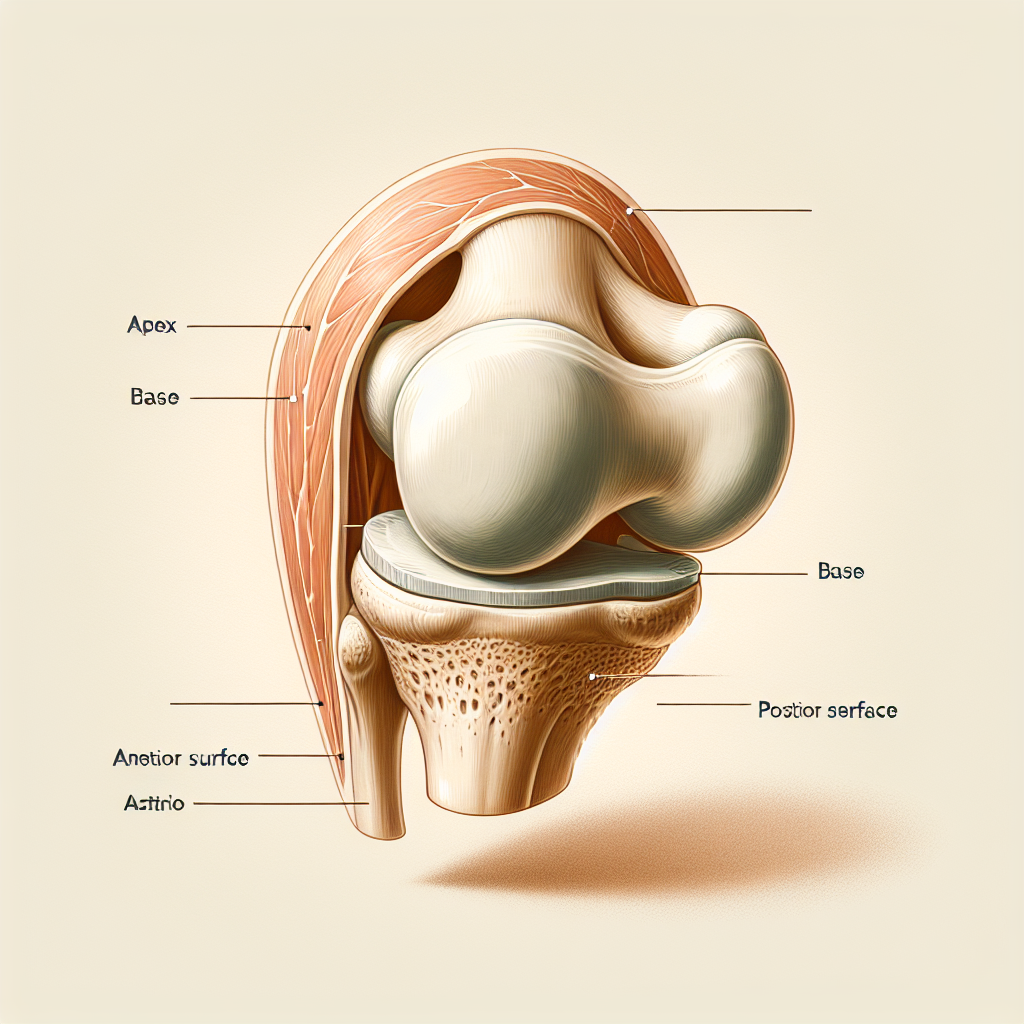You might have recently heard about the findings from the state of Maine’s annual audit , which were published in a report last month by the Office of the State Auditor. The 500-page audit, which is done routinely every year, reviewed the state’s spending practices in administering 19 federal programs during the 2024 fiscal year. Among its findings, it identified several “material weaknesses” and “deficiencies” in various programs.
Since the report was released, legislative Republicans have used the findings to push the narrative that Democrats in charge of state government have run amok with irresponsible spending, insufficient oversight and even corruption, putting billions in federal taxpayer dollars at risk for fraud and abuse. Senate Republicans have even asked U.S.

Attorney General Pam Bondi to open an investigation into the state over the audit’s findings. Rep. Sue Salisbury represents part of Westbrook in the Maine House of Representatives.
She is the House chair of the State and Local Government Committee. Democrats agree the audit’s results must be taken seriously. But this intentionally inflammatory framing fails to provide important context — including the purpose of the audit, what the findings really mean and what can be done to solve the problems moving forward.
To start, the annual state audit is intended to help the state improve its processes regarding spending and contracts with vendors. It is not intended to identify and solve every issue within state government. However, it is one of the most important tools that we have to ensure financial transparency and accountability.
For fiscal year 2024, the state auditor looked at a sample size of $37 million worth of contracts, out of $2.1 billion total across state government. But the findings do not mean that the entire $2.
1 billion — or any of it, for that matter — was subject to corruption, as some are claiming. While the state auditor flagged some “material weaknesses” and “deficiencies” in the state’s processes — like contracts that were signed after the official start date or a program’s need for better record-keeping — the report indicated that there was no evidence of wrongdoing, fraud, waste or abuse. Importantly, no public money was found to be at risk, and no findings were referred to the Attorney General’s Office for further investigation.
At a hearing before the Legislature’s Appropriations and Financial Affairs Committee on April 4, the commissioner of the state’s Department of Administrative and Financial Services affirmed the auditor’s findings. “This audit, in fact, has not revealed anything that wouldn’t be a surprise in an organization this large and complex,” she said. “It has identified areas for improvement and areas where we should prioritize some focus, all of which appear to be manageable within our existing audit review, follow-up and remediation processes.
” The audit’s findings actually also showed a year-over-year improvement, with the overall count of 76 findings in fiscal year 2024 representing a 22% drop from the previous year. This means that Maine is actually improving transparency for taxpayers, even with a significantly increased volume of work and state government staffing shortages. Despite this, the audit did flag real issues that the state needs to address, and the Legislature has both an opportunity and a responsibility to ensure that meaningful improvements are implemented.
As the branch of government with oversight authority over state agencies, we are committed to working to ensure that necessary changes come to fruition. The State Auditor’s Office is preparing a report for lawmakers on areas where state agencies disagreed with the audit’s findings, and this will be a key piece that helps inform our work. The people of Maine deserve a state government that is transparent and accountable.
That’s exactly what the audit process is designed to ensure — and what Democrats will continually work to achieve, instead of trying to push a misleading narrative to the public to score political points. We believe it’s important to offer commenting on certain stories as a benefit to our readers. At its best, our comments sections can be a productive platform for readers to engage with our journalism, offer thoughts on coverage and issues, and drive conversation in a respectful, solutions-based way.
It’s a form of open discourse that can be useful to our community, public officials, journalists and others. Read more..
. We do not enable comments on everything — exceptions include most crime stories, and coverage involving personal tragedy or sensitive issues that invite personal attacks instead of thoughtful discussion. For those stories that we do enable discussion, our system may hold up comments pending the approval of a moderator for several reasons, including possible violation of our guidelines.
As the Maine Trust’s digital team reviews these comments, we ask for patience. Comments are managed by our staff during regular business hours Monday through Friday and limited hours on Saturday and Sunday. Comments held for moderation outside of those hours may take longer to approve.
By joining the conversation, you are agreeing to our commenting policy and terms of use . More information is found on our FAQs . You can modify your screen name here .
Show less Please sign into your Press Herald account to participate in conversations below. If you do not have an account, you can register or subscribe . Questions? Please see our FAQs .
Your commenting screen name has been updated. Send questions/comments to the editors..
Politics

In analyzing Maine’s audit results, context matters | Opinion

The report should be used to find ways to improve going forward, not as a tool for scoring political points.















